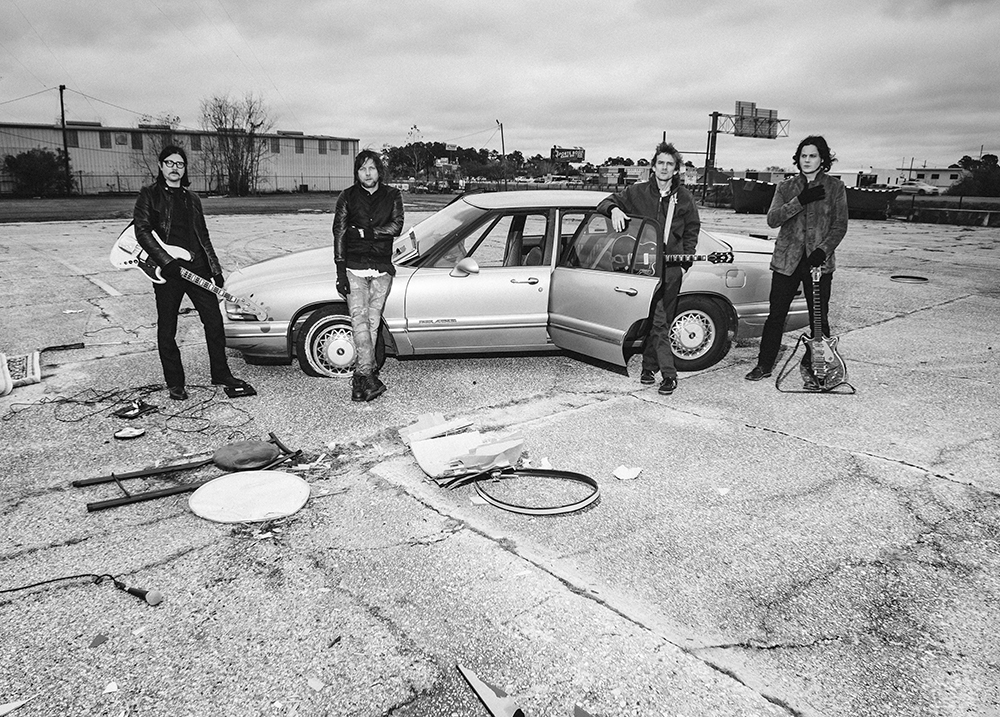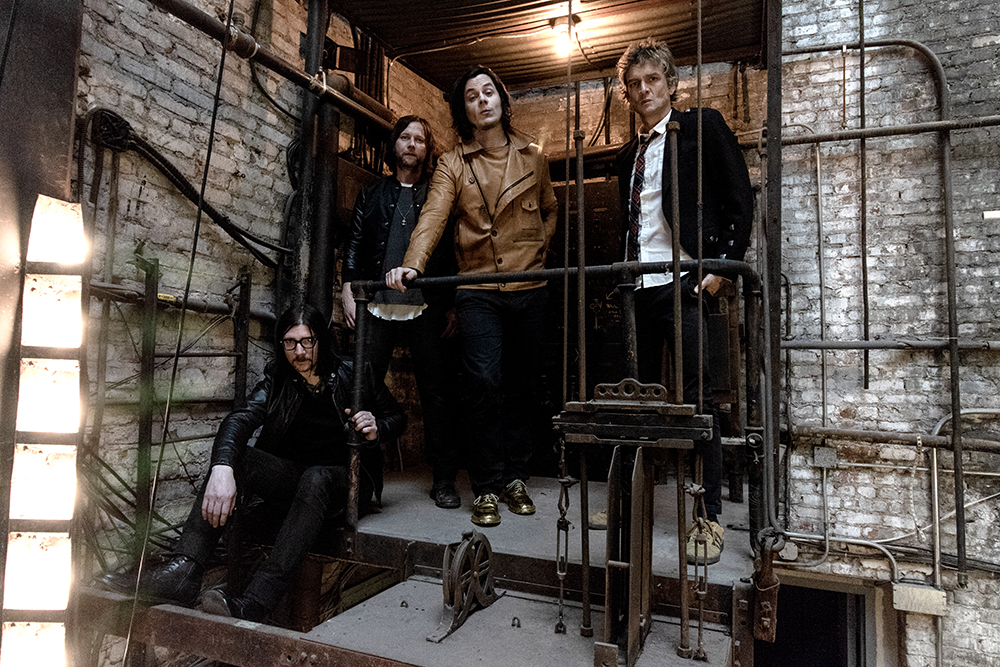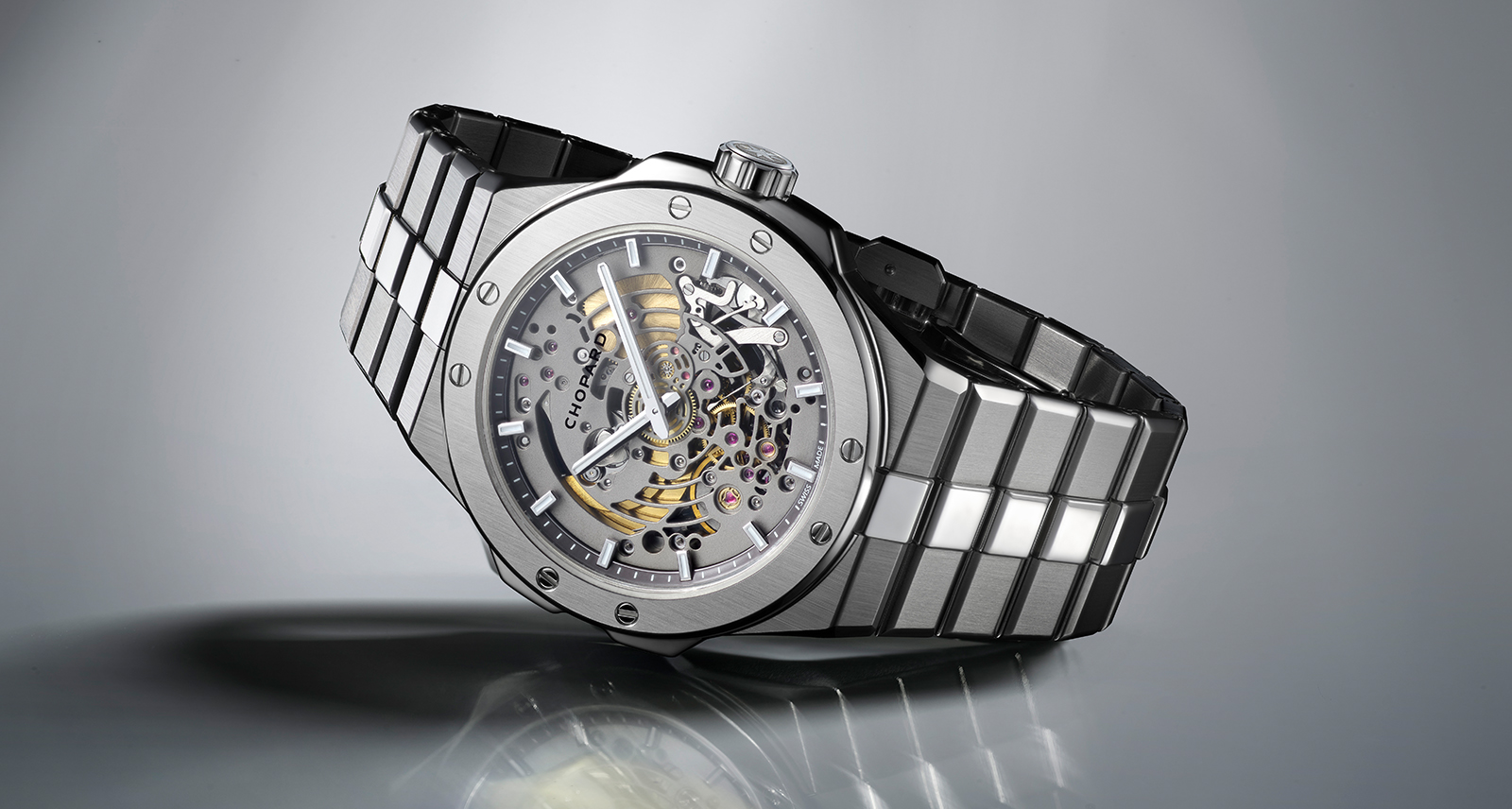After Shunning Hollywood and Reuniting the Raconteurs, Will Jack White Save Rock & Roll — Again?
Jack White rolls down the window of his luxury SUV as Lady Gaga walks away. “Hey,” he calls. She turns around, to which he, bearded and ruddy-faced, goes on: “Just wanted to take another look at you.”
It’s hard to picture, but this bizarro version of A Star Is Born almost existed. Before assuming the role of Jackson Maine himself, Bradley Cooper, who directed the film, wanted the ex–White Stripe to play him. “He came to Nashville; we hung out for a little while and talked about it,” recalls White. “He saw me perform while he was working on the movie, and he found some moments inspiring. So, he thought maybe we could work together.”
After taking another look at the project, however, White decided to pass. “I gave it a good listen and watched the old A Star Is Born films and, I don’t know, it didn’t speak to me in a way that I felt I could add something to any of that. I would’ve just been doing it because it was going to be a huge project. That wasn’t enough for me.”

In any case, big-time fame isn’t something White’s been into lately. Sure, everyone knows about him — from the Queen of England to the hounds of hell — but at 43, the last guitar hero is craving a little anonymity. That may seem a tall order for rock’s most recognizable artist, responsible for sports’ most recognizable stadium chant, but he claims to slip under the radar semi-often. “It’s refreshing when you talk to someone on an airplane and they don’t ask you what you do for a living,” he says. “If people know who you are, you don’t really get to meet them in a natural way anymore. They have a preconception of you, so most of the time you’re battling it — if someone thinks I’m not a very friendly person, I might go out of my way to prove to them that I’m friendly. And then that gets annoying.”
All this may well have inspired Help Us Stranger, the new Raconteurs album White chose to work on instead of an Oscar-baiting film. The first release by the rock supergroup (fronted by White and Brendan Benson) in a decade, it’s full of shit-kicking blues muscle, propulsive Detroit funk, and at least one ballad that could (in a fair world) give “Shallow” a run for its streaming count.
“I think being accused of these things all the time is a sign that I’m an intimidating person to certain people. But I’m okay with that.”
The album title seems, generally, to be a call for common decency. “If you lay down dying in New York City, no one will call 911 ‘cause they’ll assume somebody else did,” White muses. “Maybe it’s the same thing in the age of the Internet: there’s so many eyes on everything nowadays that it’s like too many cooks in the kitchen.”
Benson’s interpretation is a bit less specific: “It could be political or about cyberbullying or even the state of rock & roll music.”
Of course, that rock & roll needs some help isn’t exactly a breaking story — the genre’s been eclipsed in all metrics of popularity and profitability by hip hop, pop, and EDM for a minute now. Which raises the inescapable music think-piece question: why bother even making a no-frills rock album in 2019?

The short answer: because Jack White, stupid. This century, no one’s done a more respectable job — critically and commercially — of resuscitating rock’s cadaverous body. Since the White Stripes arrived as the alphas of the Rock Is Back 2000s, Jack (sorry Meg) has consistently pressed all the right (and hardest) buttons with the masses. Consider: his 12 Grammys, or the fact that his last three solo LPs all hit number one on the Billboard charts (rare for an axeman nowadays). It’s no wonder Cooper wanted him in his directorial debut; the dude is The Rock of rock — a guaranteed money-maker. “There’s a built-in audience, almost, with Jack,” says Benson. “And that’s a cool thing.”
White doesn’t want to hear about it. He dismisses the rock-saviour narrative, noting that they’ve called Marilyn Manson “the last rock star” before, too. It’s all false idolatry to him. In fact, these days, White isn’t even convinced he’s as big as the charts say he is. “There are periods where things make sense to people, and then they don’t anymore,” he says. “It’s very hard to tell, because of the Internet nowadays, what the hell anything means. You can’t even tell if your record is doing well since you have to count streaming for sales, because of the lack of actual sales. It’s almost like saying, ‘Yeah, people love the movie you made, even though nobody went and saw it.’ ”
But whether anyone’s really buying his albums, or watching his hypothetical movies, may be beside the point. Today, rock is far away from the centre of pop culture — and perhaps that’s precisely where White wants to be. Here, in the awkward interstice between mainstream and marginal, making the music he wants to hear at his Third Man Studio in Nashville, there’s less extraneous noise jamming his signal. He can be exactly who he is, bleeding right before the lord, sans any rock-god spin.
“I’ve had all kinds of reputations over the years: control freak, not very nice, pretentious,” White says. “Most of it is has come from people who don’t know me and are far away. [They] take one line, make that a headline, and everyone thinks I’m full of myself. I think being accused of these things all the time is a sign that I’m an intimidating person to certain people. But I’m okay with that. Like, if you’re 6’7 and you walk into a room, you almost have to chill people out that you’re not going to eat them,” he laughs. Besides, they’re just being shallow.










